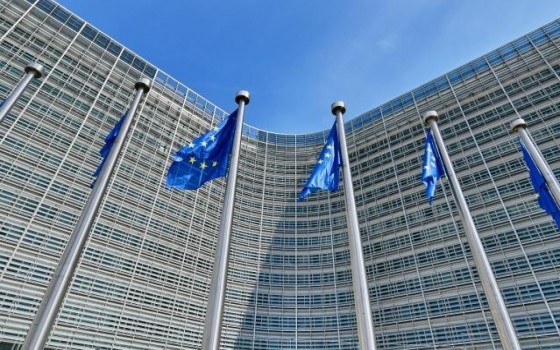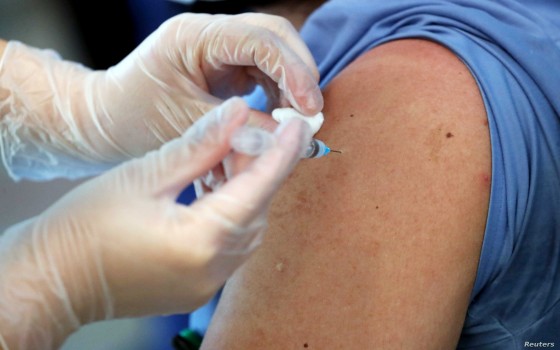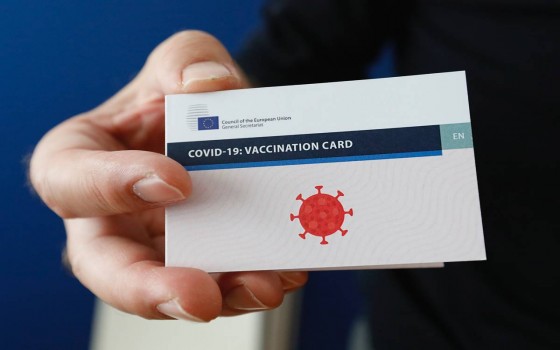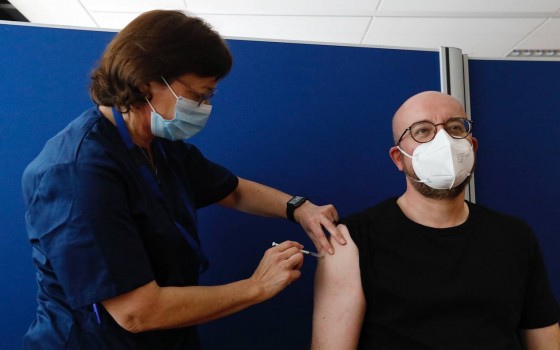
It will lead to a 400% increase in deaths .. Stopping US funding puts AIDS prevention programs at risk

- Europe and Arabs
- Saturday , 8 February 2025 11:15 AM GMT
New York: Europe and the Arabs
The Joint United Nations Programme on HIV/AIDS said that the suspension of US funding for foreign aid programs has created “a lot of confusion” in community work related to AIDS prevention, despite the exemption of programs working to combat AIDS from this suspension.
This exemption allows the continuation or resumption of “life-saving humanitarian assistance,” including HIV treatment. This means that 20 million people living with HIV – who depend on US aid for their treatment – can continue to receive their medications. According to the UN daily news bulletin, a copy of which we received this morning.
Kristin Stigling, Deputy Executive Director of the Program, said that this number – 20 million people – is among the 30 million people living with HIV in the world.
The global response to HIV relies heavily on funds from the US President’s Emergency Plan for AIDS Relief (PEPFAR); it funds 70 percent of the overall AIDS response and directly supports more than 20 million people living with the virus.
Since its inception in 2003, the U.S. plan has saved more than 26 million lives by investing in critical prevention, treatment, care and support programs in 55 countries, according to UNAIDS.
However, Ms. Stigling told reporters at a news conference in Geneva that “there is a lot of confusion on the ground, especially at the community level, about how the waiver is going to be implemented,” noting the disruption to treatment services. Transport services and community health workers are also still affected by the U.S. funding cut.
5,000 health workers’ contracts canceled
The U.N. agency warned that the cessation of U.S. assistance to community programs would lead to the closure of many health shelters and the termination of contracts for outreach workers, leaving vulnerable groups without support. The biggest disruption would be to community health services that have been critical to the success of the fight against AIDS.
In Ethiopia, 5,000 public health workers’ contracts depend on U.S. assistance. “All of these contracts have been terminated in all regions of Ethiopia, as well as 10,000 data clerks, who are critical in Ethiopia,” said Ms. Stigling.
Thousands of people – women, young women and priority groups at risk of sexually transmitted infections – will not be able to access vital services, such as condom distribution, HIV testing, antiretroviral treatment, pre-exposure prophylaxis, TB screening or support for addressing gender-based violence.
400% increase in AIDS deaths
The UN agency has expressed grave concern about the long-term impact of the US funding freeze on preventing new HIV infections, as most services are community-based and national governments tend to focus on keeping people on treatment, rather than preventing new infections.
The UN agency has warned of a 400% increase in AIDS deaths if the US President’s Emergency Plan for AIDS Relief is not reauthorized between 2025 and 2029 and other resources are not found for the HIV response. That is equivalent to 6.3 million AIDS-related deaths in the future. UNAIDS said it would continue its efforts to ensure that all people affected by HIV/AIDS had access to life-saving services during the 90-day pause.












No Comments Found